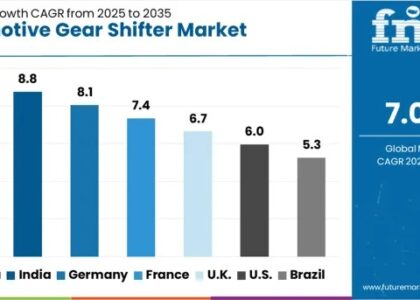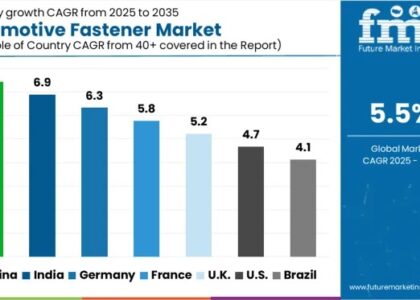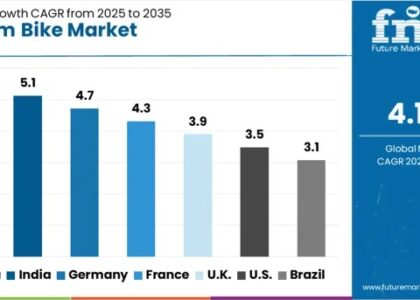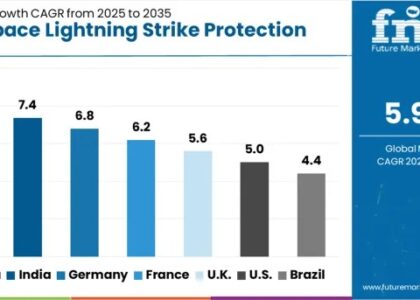The GCC (Gulf Cooperation Council) industrial air filtration market is experiencing a healthy breath of fresh air, driven by increasing industrial activity and growing awareness of air quality regulations. This presents exciting opportunities for manufacturers who can cater to the specific needs of the region. Let’s explore the current market landscape, identify opportunities for growth, and forecast the future trends shaping this vital sector.
Current Scenario: A Market on the Rise
-
Market Growth: The GCC industrial air filtration market is estimated to be worth around USD 1.2 billion (2023) and is projected to reach USD 2 billion by 2030, reflecting a promising CAGR of approximately 7.5%. This growth is fueled by several factors:
- Industrial Expansion: Rapid industrialization across various sectors like oil & gas, petrochemicals, cement, and power generation is driving demand for air filtration solutions to control dust, fumes, and harmful emissions.
- Stringent Regulations: Increasingly stringent regulations regarding air quality are pushing businesses to invest in efficient air filtration systems to comply with environmental standards.
- Focus on Worker Safety: Growing awareness of occupational health and safety is prompting companies to prioritize clean air in industrial settings, protecting workers from respiratory illnesses caused by airborne contaminants.
-
Dominant Players: Major players in the market include established global brands like 3M, Donaldson Company Inc., and Parker Hannifin Corporation, alongside regional manufacturers gaining market share.
Get Exclusive Sample Copy of the Report: https://www.futuremarketinsights.com/reports/sample/rep-gb-15699
Opportunities for Manufacturers: A Breath of Fresh Air
- Localization: Manufacturers can establish regional production facilities or partner with local distributors to cater to specific needs and reduce delivery times.
- Focus on Efficiency: Develop high-performance air filtration systems that offer low energy consumption and minimal maintenance requirements, reducing operating costs for businesses.
- Specialized Solutions: Design air filtration solutions tailored for specific industries, addressing the unique dust and contaminant challenges faced by sectors like cement manufacturing or oil & gas refineries.
- Digitalization: Integrate sensor technology and remote monitoring capabilities into filtration systems to enable predictive maintenance and optimize performance.
- Sustainability: Develop eco-friendly air filtration solutions with features like recyclable materials and energy-saving designs to meet growing environmental concerns.
Future Trends: Shaping the Market Landscape
- Smart Air Filtration Systems: Advancements in technology could lead to the emergence of smart air filtration systems that can self-diagnose issues, optimize performance based on real-time data, and integrate seamlessly with building management systems.
- Focus on Indoor Air Quality (IAQ): Growing awareness of the importance of IAQ might lead to increased demand for air filtration systems specifically designed for industrial facilities, ensuring a healthy and productive work environment for employees.
- Nanotechnology Applications: The potential application of nanotechnology in filter media could lead to more efficient and compact air filtration systems with improved capabilities to capture even the finest airborne particles.
- Rise of Aftermarket Services: As the market matures, there could be a growing demand for aftermarket services like filter replacements, maintenance contracts, and system upgrades, offering recurring revenue streams for manufacturers.
Read more info: https://www.futuremarketinsights.com/reports/gcc-industrial-air-filtration-market





